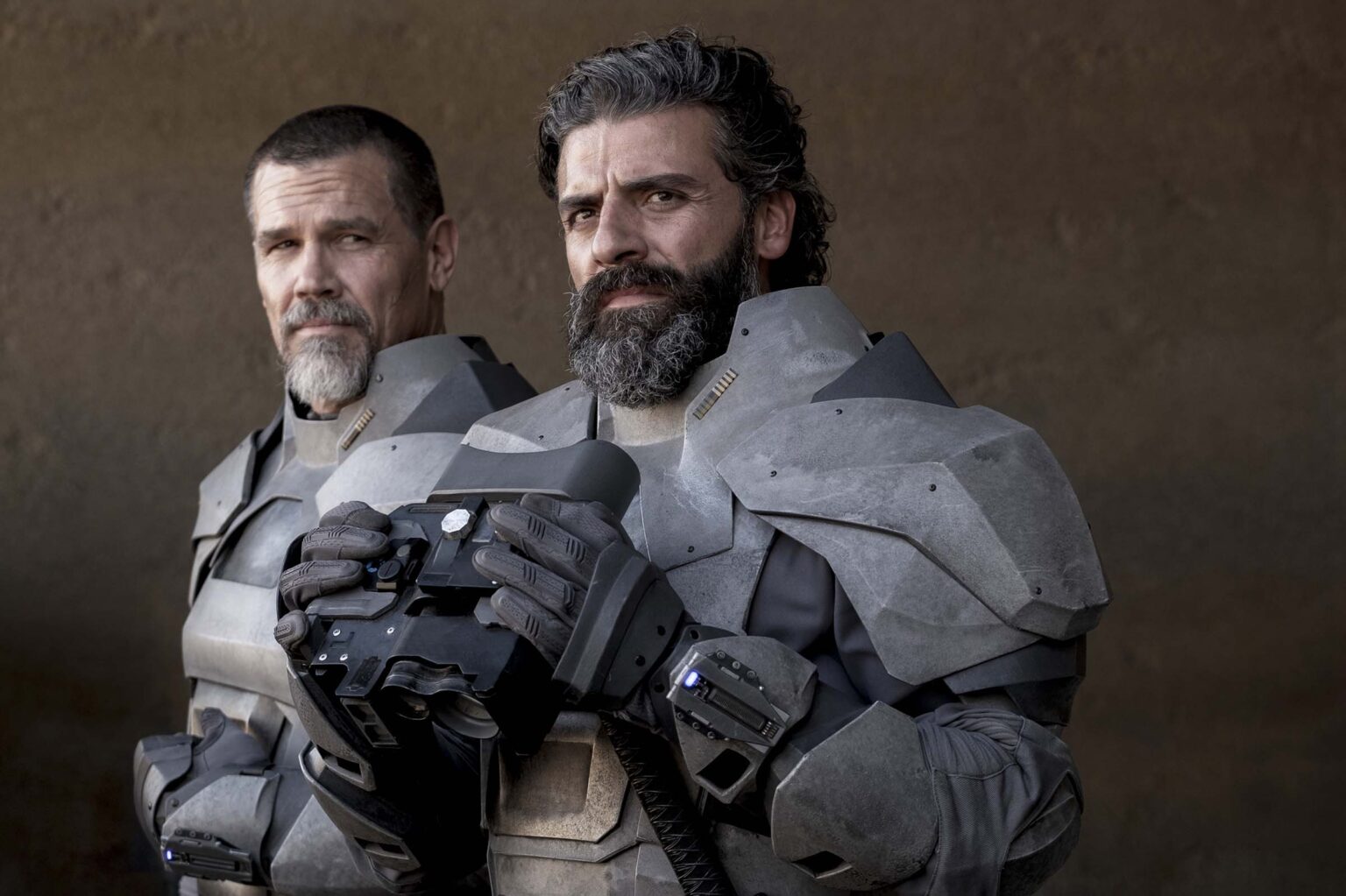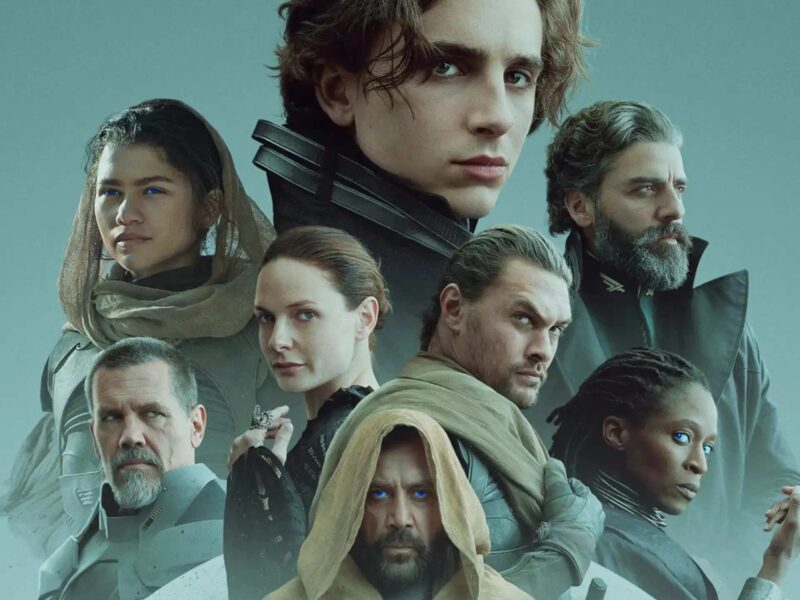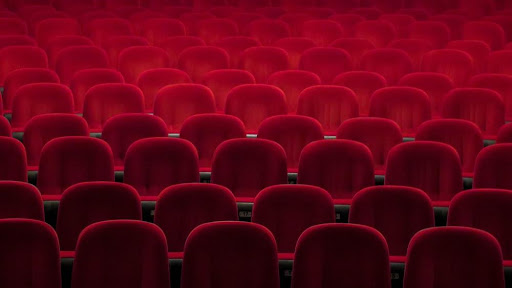
While you wait for the new ‘Dune’ movie, check out the 1984 version
There are so many great films set to finally be released in theaters later this year. As many of the films postponed due to the COVID-19 pandemic look forward to their theatrical releases, Denis Villeneuve’s adaptation of Dune is one of the most anticipated films looking to make an impact at the box office.
The pandemic has delayed the release of Dune several times. The new movie is finally due to hit theaters on October 22nd. If you can’t wait to see Denis Villeneuve’s Dune later this year maybe checking out David Lynch’s 1984 version of Dune will tide you over.

Dune
Frank Herbert’s Dune is a famously dense & long book. Most versions of the book span across nearly 900 pages, including glossaries & appendices. Many fans believe Dune to be impossible to adapt due to its length as well as the subtle & complicated nature of the political intrigue that forms the novel’s plot. An early attempt at adapting Dune by director Alejandro Jodorowsky was supposedly planned to be nearly ten hours.
Star Wars was a massive success largely due to how it simplified science fiction. The plot was easy to follow for die hard science fiction fans, average filmgoers, and even children. Dune has been described as the anti-Star Wars. At screenings of Lynch’s 1984 movie, audiences were given cheat sheets filled with the film’s bizarre terminology.

Movie history
Film producer Dino De Laurentis purchased the rights to Frank Herbert’s book in 1976. De Laurentis hired Alien director Ridley Scott to turn the book into a film. Scott believed there was too much material and sought to split the book into two movies. After his older brother died he believed he couldn’t devote himself to the potentially lengthy process. He left the film and the project went dark for several years.
De Laurentis’ daughter Raffaella suggested director David Lynch after seeing The Elephant Man. Lynch turned down the chance to direct Return of the Jedi to write & direct Dune. After a series of rewrites, Lynch finally began shooting the movie in Mexico. Dune ran up a budget of over $40 million. To this date it is still the largest budget Lynch has ever been given.
The rough cut of the movie ran nearly four hours long. Lynch cut a version that was nearly three hours long. Universal Pictures, the company set to distribute Dune, wanted a two hour version so the movie could be played as many times as possible in all theaters. Many scenes were cut and voice over narrations were added to explain elements of the plot. The final film was released in December 1984.

Why Dune is a classic
While the 1984 version of Dune was a box office failure, it maintains a cult following. Fans of Lynch’s Dune point to the brilliant costumes, incredible design, and campy performances as the film’s strengths. The film features hundreds of actors wearing elaborate costumes. Dune also has a great score composed by the band Toto.
Carlos Rambaldi did the creature effects for Dune. His designs & animation for the sandworms in Dune were the inspiration for Tim Burton’s sandworms in Beetlejuice. Rambaldi also worked on films like E.T. the Extra-Terrestrial, Alien, and Deep Red.
Lynch’s Dune also features a great performance by Kyle Maclachlan. It was Maclachlan’s first film role. It also marks the first collaboration between Maclachlan and Lynch who would go on to work together on fan favorites like Blue Velvet and Twin Peaks. The cast includes many great actors, however, few of them are given much of a chance to shine, probably due to the extensive cuts made to the film.

Why many want to forget it
Because David Lynch didn’t have a final cut of the film, the final product is hardly indicative of his vision for the film. The intrusive voice overs that explain plot details are jarring. A television cut of the film makes even more cuts. Lynch disavowed this version and removed his name from the credits. Lynch was declined the opportunity to do a director’s cut.
Lynch said he would have preferred to shoot the film in black & white. He frequently asked cinematographer Freddie Francis to desaturate the film so the colors would be significantly more muted. This choice by Lynch didn’t resonate with fans. Despite the beautiful sets & costumes, Dune ends up looking sort of washed out & dingy.
Due to how the film was cut for time, many important plot points are excised entirely. Many characters from the book are excluded, likely due to time constraints. Major characters & plotlines seem to be introduced then disappear. The ecology of the planet Arrakis is a major focus of the book which seems to be largely non-existent in the film.
—
Are you looking forward to Denis Villeneuve’s Dune? What do you think about David Lynch’s version? Let us know in the comments!






